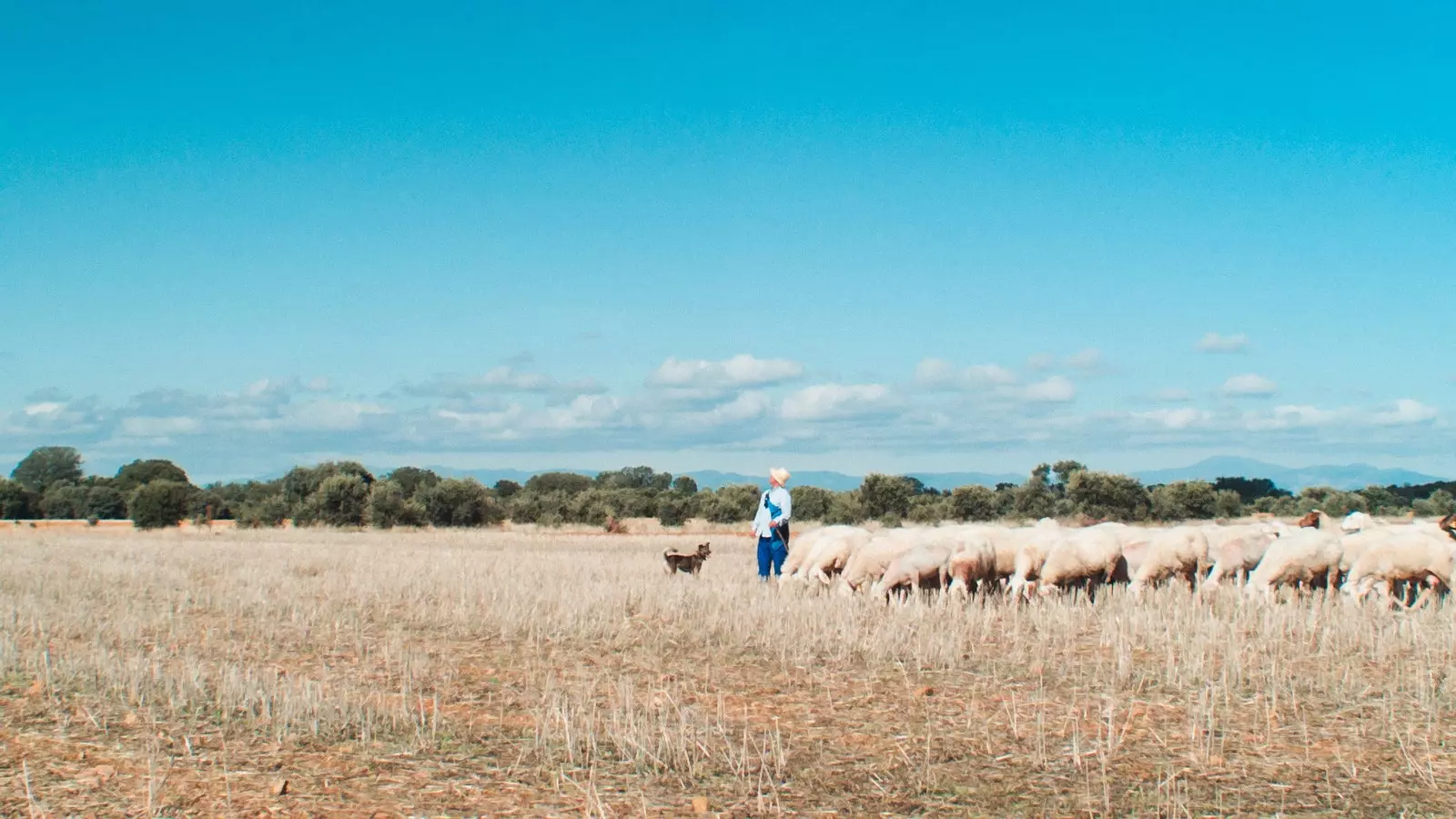
'Meseta', a profound portrait of empty Spain
A retiree who counts the empty houses to fall asleep. Two girls with no other neighbors their age who can't even find pokémons to hunt. A sheep herder who dreams of traveling to Titicaca . They could live in any of the thousands of towns that roam the so-called " empty spain ”. The peoples of our fathers, who emigrated to the big city to look for a better future . our towns, where we go in summer for, in many cases, not to return the rest of the year.
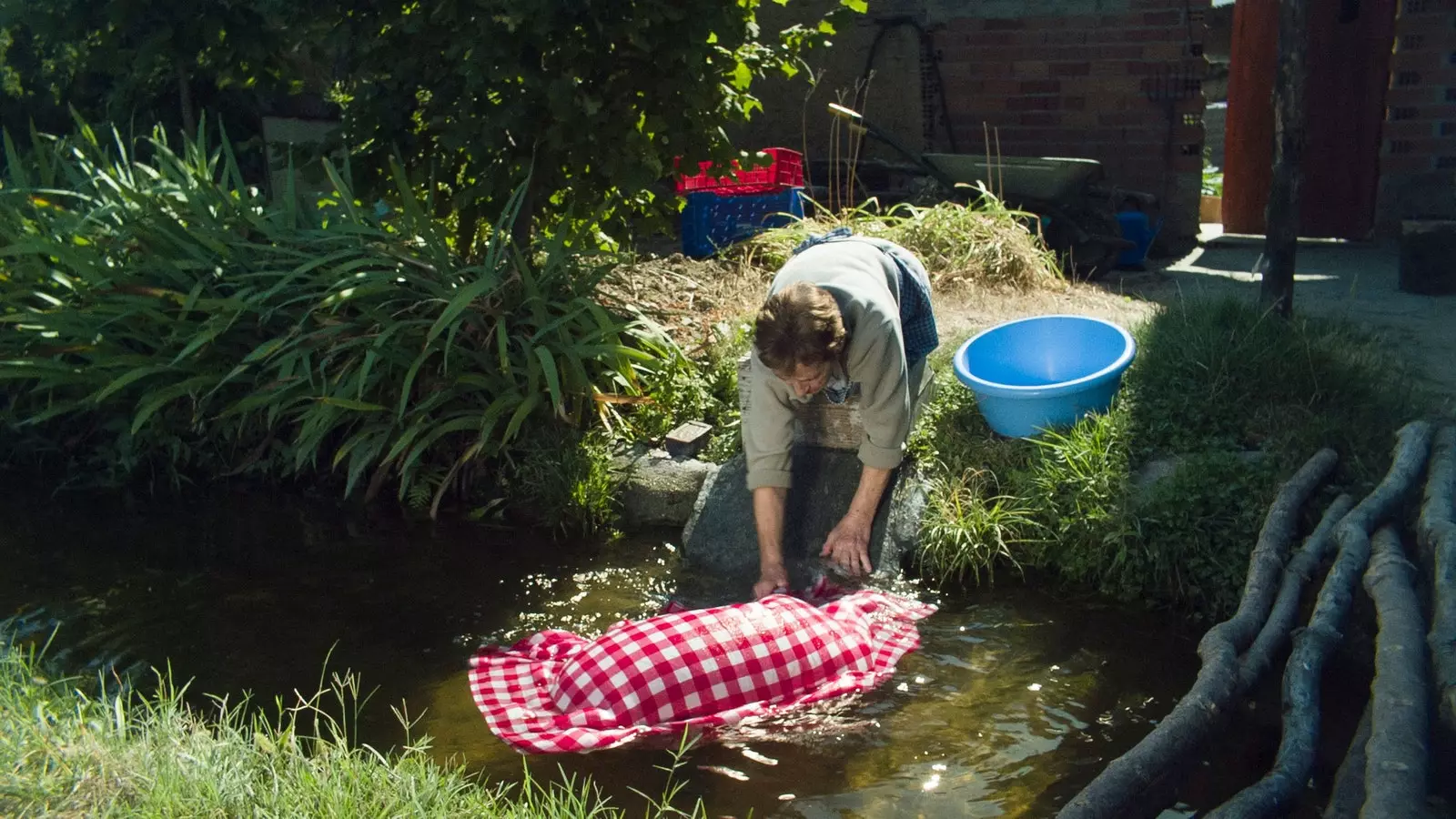
The documentary that travels more than 20,000 km through empty Spain
They are the protagonists of Plateau, documentary that premieres this Friday in theaters after passing through festivals . The film centers its action on Sitrama de Tera, a small town in Zamora where barely 126 inhabitants remain. Your manager, john palaces (Eibar, 1986), he dedicates it to his grandparents, since they are the ones who have somehow “kept him connected to the town and its stories. I was not born there, but I have spent all the summers of my childhood and youth there. It is a place where I have strong roots. Much of the film takes place in Sitrama, as several of the main characters are from there as well. But I have shot in other places like Tierra de Campos, Sierra de la Culebra or La Carballeda ”, he confesses.
The film, as its slogan warns, supposes a “ sensory journey through the territory of empty Spain ”. Camera on his shoulder, Palacios has traveled between 2015 and 2018 more than 20,000 kilometers of the Castilian plateau to try to capture its essence. The project “born from a need to want to map the place of origin of my ancestors . A place whose peasant culture I myself have seen as little by little it fades away. Something that caught my attention when I began to consider making the film was that the youngest person in the town was 16 years old. In 16 years no one had been born! That led me to wonder about the future of the town. Later I discovered that it was something generalized in almost all the interior of the country and that the 'phenomenon' it was beginning to be given a name, the empty Spain”.
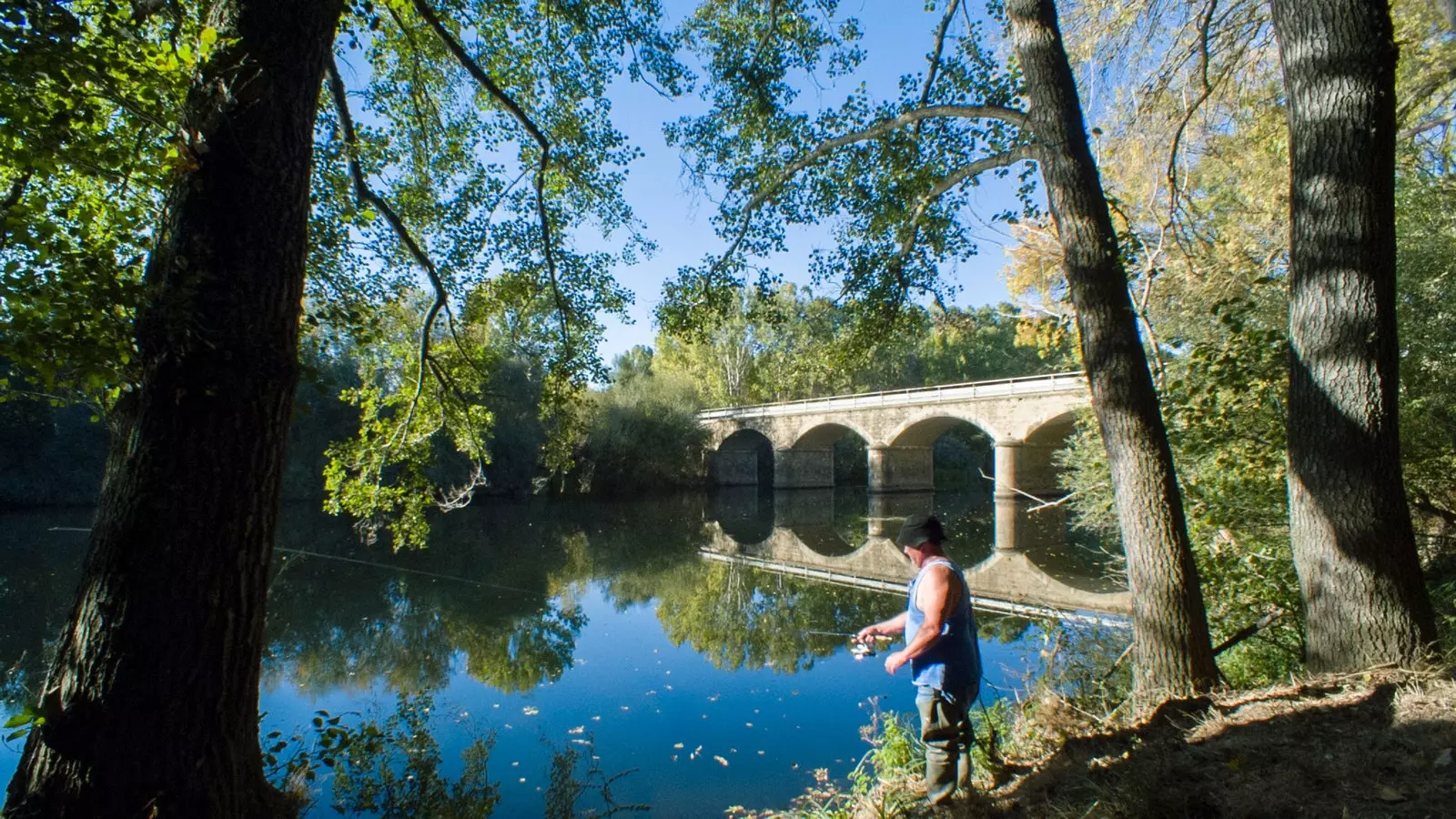
The fishmonger, who fishes every Wednesday in the river
on those trips he got to know the people who would bring the documentary to life , although the filmmaker acknowledges that “he knew many of the protagonists all his life. Some are as close as my own grandparents. the sheep herder for example, he was someone I didn't know that well personally before making the film, but who he was always part of the landscape . He was like he already knew him. The street fish vendor , on the other hand, was someone I saw passing through town every Wednesday reciting through the megaphone at full volume the fish he brought that day. Other characters came later depending on the themes that he felt he had to deal with in the film. For example, I was wondering how the only child living in a village must feel. So I started to investigate until I found two sisters, Haniel and Celia , who are the only two, and perhaps the last, girls in their town where only thirteen people live . A place where, as they say, there are not even pokémons”.
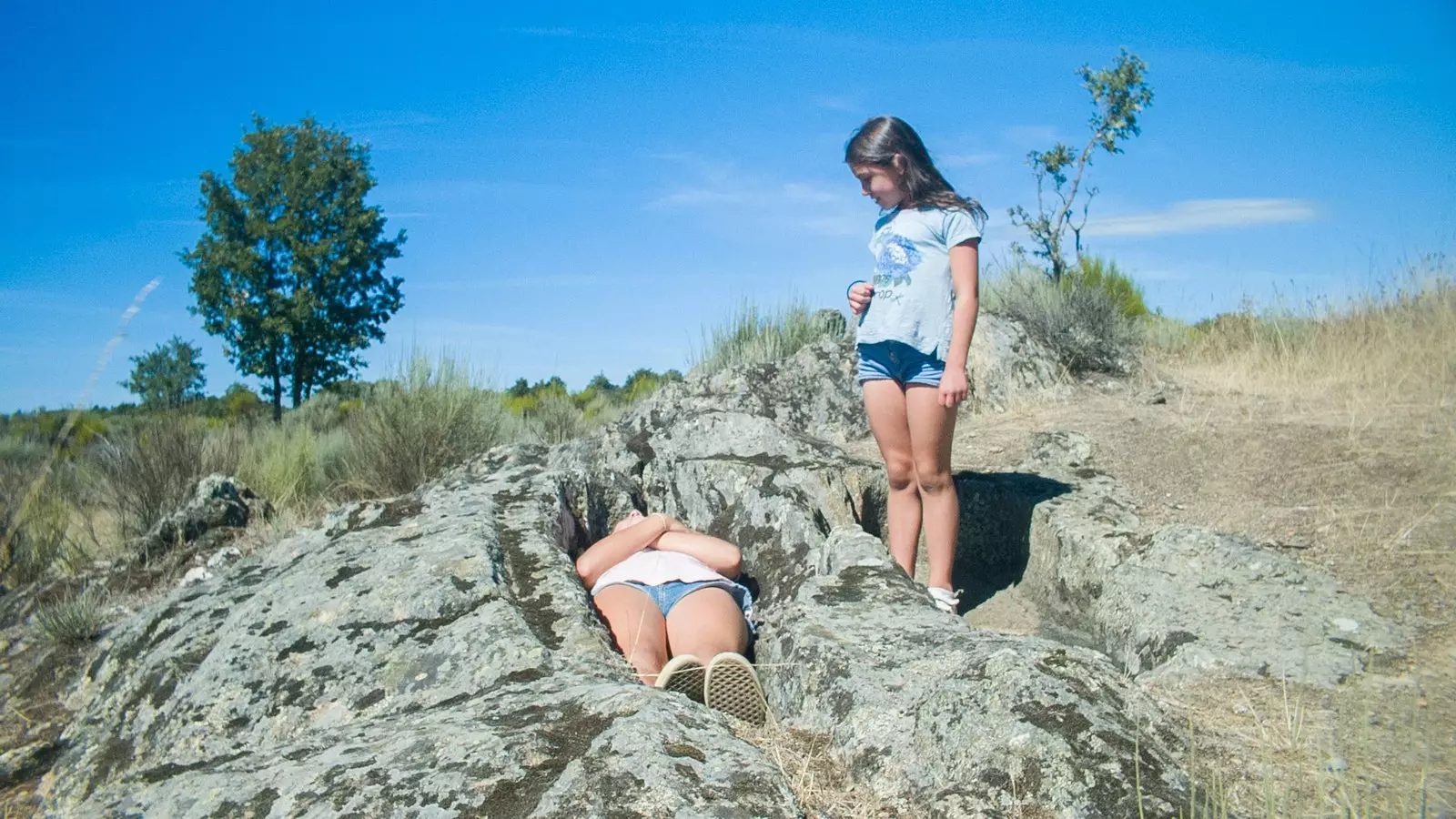
Haniel and Celia, the only girls in town
The landscape plays a fundamental role in the film. , being one more character. It is noted that, in addition to director, screenwriter and editor, Palacios has been the director of photography: "The plateau is a place that aesthetically it has always attracted me . It's very cinematic, like a western, something that goes beyond the picturesque. It is not exactly easy to capture its essence. Though many have lived off this land since time immemorial, it is a place that can be as hostile as a desert. Photography (and sound) has been key to getting closer to those sensory aspects that I was interested in working on. In addition, being the director of photography has been essential to have a "mediated" relationship with the place through the camera. It's been like a constant conversation with space , a game in which one follows different fascinations and narratives that one finds in the landscape. If traditionally when making a film, locations are located to shoot what is written in the script, I often did the opposite, I located and shot for a film that had not yet been written. That has made me lose myself along beautiful and uncertain paths but, luckily, in the end they have led to the film”.
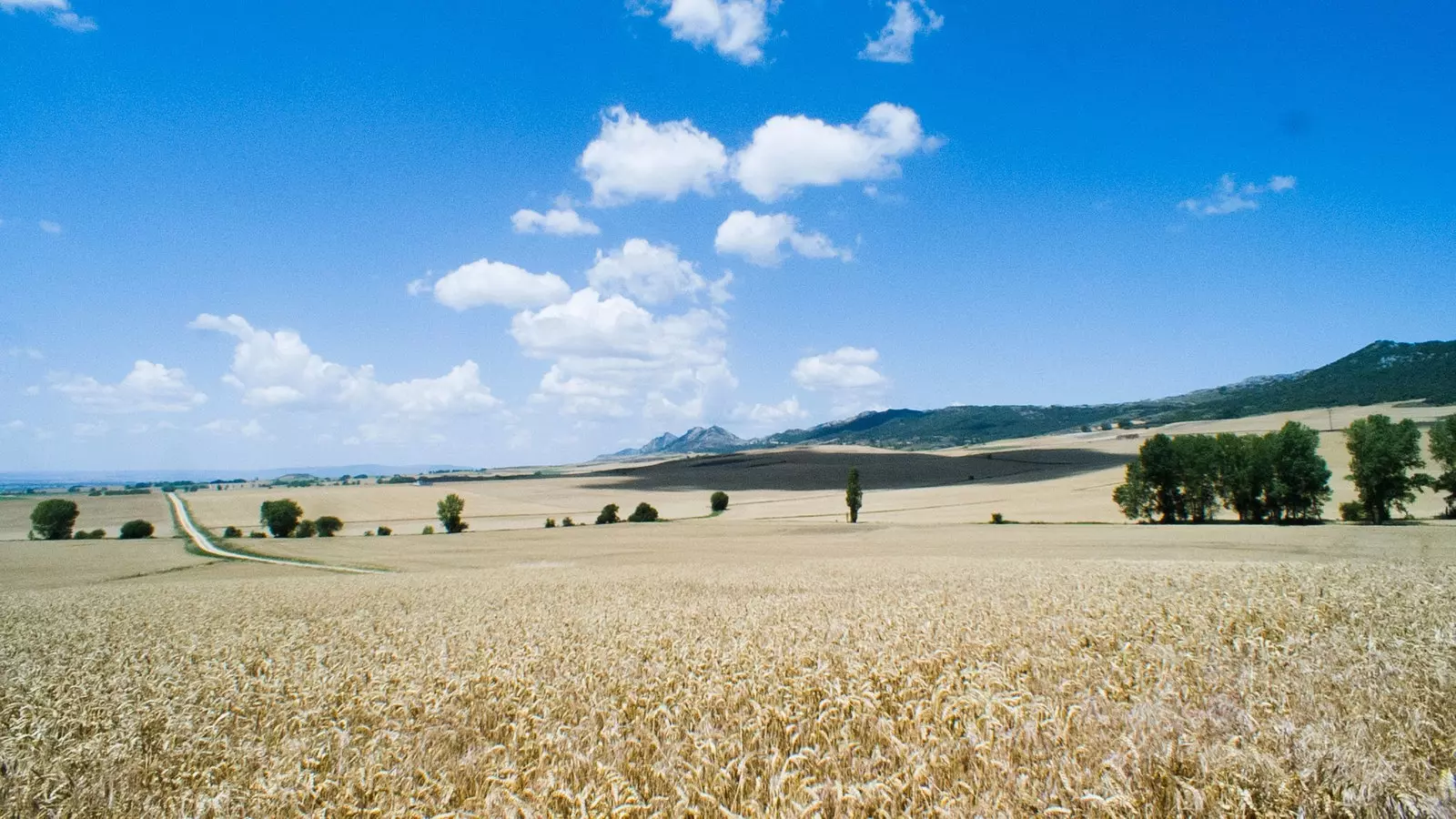
The impressive plateau landscape
Not everything is good in Meseta. A neighbor claims that his life "becomes hell" shortly after moving to the village . More than the dark side, the director wanted to show “the rural world as I see it, with its Edens and its mud. I believe that romanticizing life in the countryside does a disservice to the problem of depopulation. . Among other things for stories like the one shown in the film. Someone from the city who has idealized life in the country in such a way that once he moves there can only be disappointing. . But the thing has more crumb because in this story there is a clash of mentalities, the urbanite and the peasant . If we want there to be a return to earth, the two are destined to understand each other. Those who return must do so with respect and humility and those who have resisted the emptying of the countryside and survive there have to reach out to those who decide to leave everything in the city and go to live in the village”.
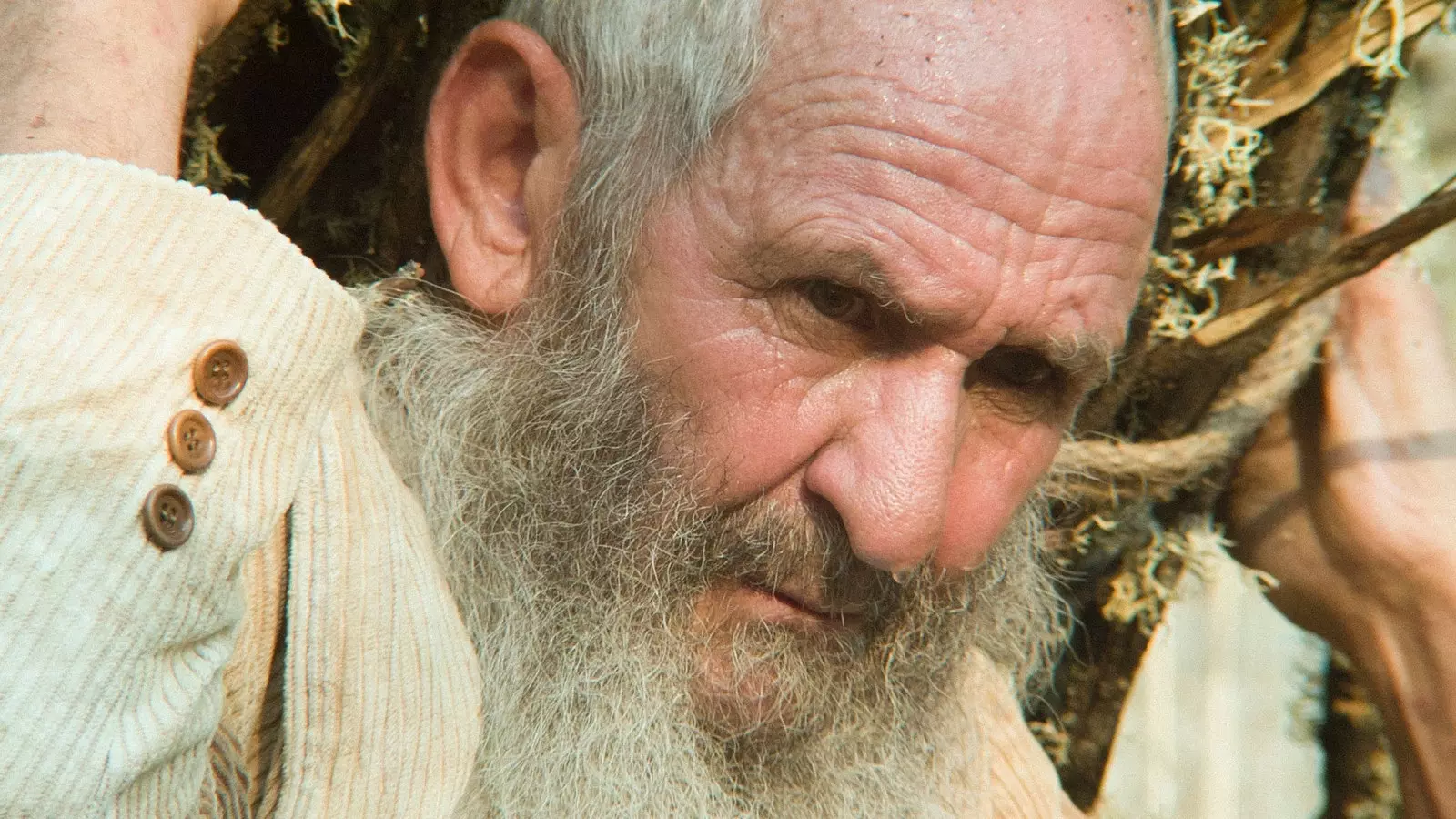
Idealizing life in the countryside does an empty Spain a disservice
With a degree in Environmental Sciences and Audiovisual Communication, Juan Palacios lives and works in Amsterdam. According to him, the rural setting there is quite different from ours: “ I believe that the situation of the countryside in the Netherlands is at the antipodes of the Spanish rural world . I don't think they can be compared, because when it comes to land management they have very different idiosyncrasies. I don't think that in Holland, for example, there is an abandoned town like the ones in Spain. Besides, in the Netherlands you never have the feeling of being in the country, everything is extremely connected and humanized , one cannot be lost if that is what he is looking for. It is something that I miss a lot. The vast Castilian plateau seems to have plenty of room at times. However, in the Dutch fields they are in a constant battle so that the sea does not recover the land that was once taken from it . And despite having so little land, it strikes me that the Netherlands exports more vegetables than Spain, France and Portugal combined."
There are thousands of abandoned towns in Spain . Many of them will meet the same fate in a matter of time, be it a year or a generation. But ever since the covid 19 crisis many people have returned or, at least, have considered going to live in the countryside. Palacios believes that “ spring quarantine , when that capitalist logic that marks the rhythm of our lives stops for a moment, It made us rethink the things that really have value . Many people realized how unhealthy cities can be and began to pay attention to the little things, to the simple life, to the land… Life in the countryside, even if it is sacrificed, offers that. It has also been shown that teleworking is possible and that in many cases it is absurd to go to the office . I suppose that would make it easier for people to exchange the city for the country. What I wonder is if the repopulation that we envision means taking jobs from the city to the countryside and continuing with the same productivist logic that is at the core of the eco-social crisis we are facing. ”, He ponders him to finish.
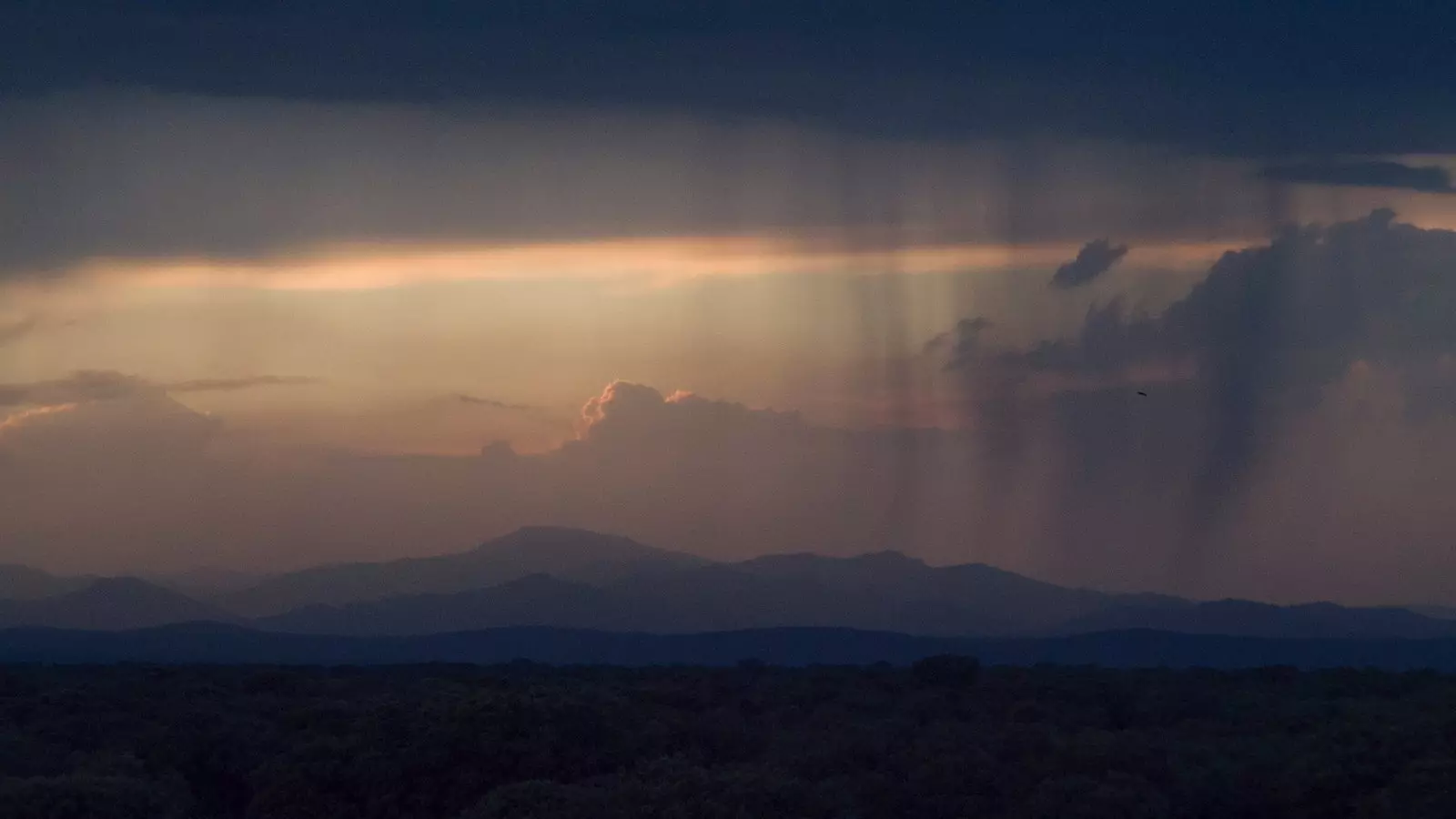
Documentary 'Plateau'
